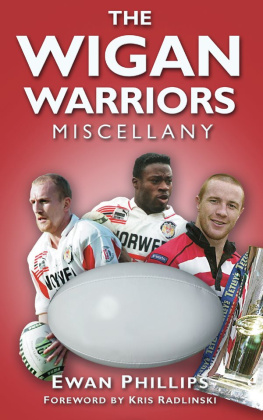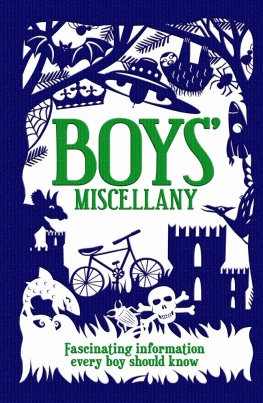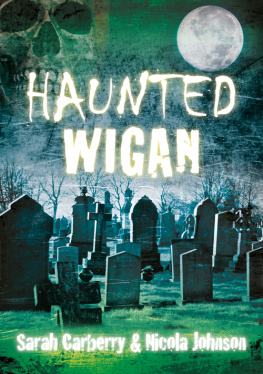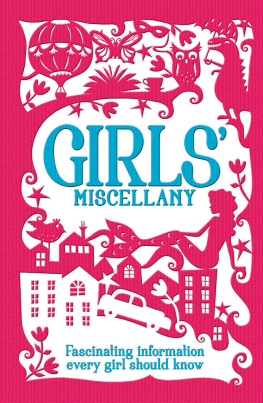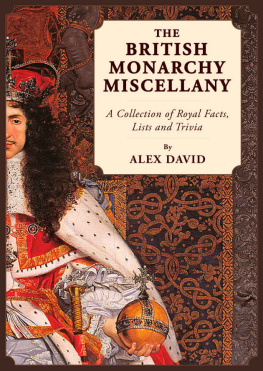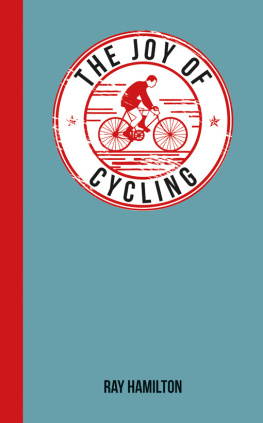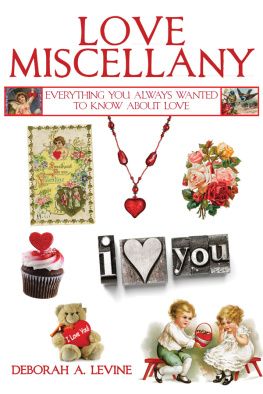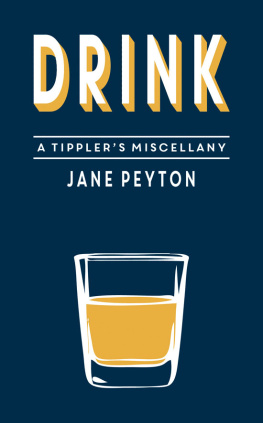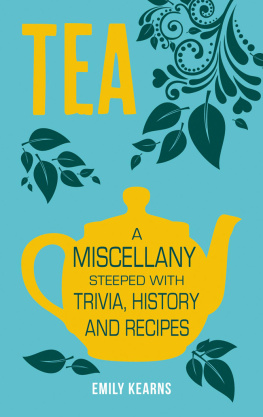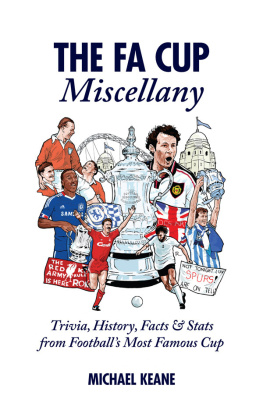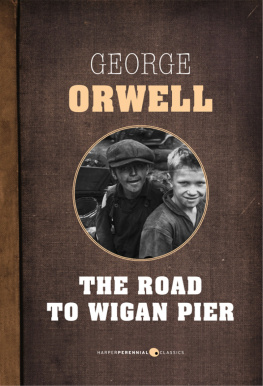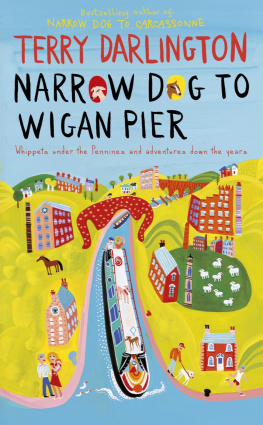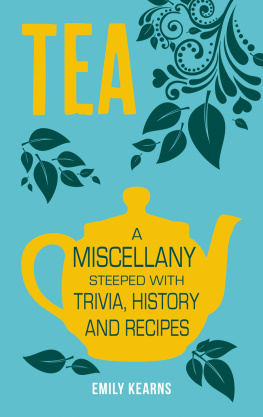
Dedication
To the Wigan fans: jackpot winners in the lottery of
Rugby League life.
First published 2010
The History Press
The Mill, Brimscombe Port
Stroud, Gloucestershire, GL5 2QG
www.thehistorypress.co.uk
This ebook edition first published in 2017
Ewan Phillips, 2010
The right of Ewan Phillips to be identified as the Author of this work has been asserted in accordance with the Copyrights, Designs and Patents Act 1988.
This ebook is copyright material and must not be copied, reproduced, transferred, distributed, leased, licensed or publicly performed or used in any way except as specifically permitted in writing by the publishers, as allowed under the terms and conditions under which it was purchased or as strictly permitted by applicable copyright law. Any unauthorised distribution or use of this text may be a direct infringement of the authors and publishers rights, and those responsible may be liable in law accordingly.
EPUB ISBN 978 0 7509 8404 1
Typesetting and origination by The History Press
eBook converted by Geethik Technologies
ACKNOWLEDGEMENTS
H uge thanks to the following: Kris Radlinski for his great foreword and swift responses to my irritating questions, Julie Baker and the team at the excellent new Museum of Wigan Life and Sue Mrs Francis Francis for their archive materials, Michelle Tilling at The History Press for her encouragement and editing, Ray Hewson, Bill Francis, Ray Unsworth and Graham Emmerson for prompt responses to my queries, Jane and Tom for the tea and patience and, of course, Wigan RLFC itself for providing such a wealth of material and so many wonderful memories.
FOREWORD
By Kris Radlinski MBE
W herever I travel in the world and people ask where I am from, my answer Wigan always gets the same response: Oh Rugby League. I love that game. The clubs history transcends sports and countries; everybody has heard of the famous Cherry and Whites.
In our little cobbled town Rugby League is a way of life; its the main topic of conversation in pubs and the first choice of sport in the playgrounds. A recent survey showed that the two most common phrases used in a Wiganers lifetime are gerrum onside and cant run bout legs. This is the language in which we speak. In the posh areas just outside Manchester, Ive heard it said that within five minutes of meeting an attractive woman in a bar, shell ask what car youre driving in order to assess your wealth. Not in Wigan, here shed want to know what position you play and how many tackles you missed in your last game. These two statistics are far more important to the success of any budding relationship.
Everybody knows the Wigan players around town but they arent treated any differently, there are no superstars and I wouldnt like it any other way. The fact that an old woman in a shopping centre can always vent her frustrations over a recent performance means your feet remain firmly planted on the ground. Players are accessible in Wigan; we dont opt to live out of town and travel in to train every day. To understand and appreciate the importance of Rugby League here you have to be in the middle of it and embrace the opinions of those who pay your wages each week. Yes, it can be a pain in the backside being nice to people who want to abuse you about how you played, but we must accept this as the Wigan supporters are special. Over the years, our success rate has slowed down but our fan base has gone up, underlining the fact that this is firmly a Rugby League town.
As a kid growing up I dreamed of playing at Central Park. Every weekend, with my family, I would sit on the old dugout two hours before kick-off waiting for my heroes to arrive. When the players did appear, I was in awe at the size and strength of these superhuman athletes and from an early age my mind was set on becoming one of them. To have actually realised my dreams and played there on so many occasions makes me feel incredibly lucky.
As I sit here writing this, I am looking out of the window at the current squad training, all with the same hopes and dreams as I had, I am so jealous and would love nothing more than to do it all again. Playing for this club doesnt just last from the day you sign until the day you leave; the truth is you never leave it. I have known players from Australia who were devastated to leave at the end of their contracts, they preferred the grey skies and warm pints of Wigan to their bikini-filled, sun-drenched beaches: crazy, but very true.
I have been associated with this club for nearly sixteen years and I have done every job imaginable. It only seems two minutes ago that I was in Central Park cleaning the first-team players boots and, if I close my eyes and concentrate, I can still smell those old changing rooms. Now, in my current role, I am involved in making decisions that have a huge impact on players careers, so I think about what people thought about me as a kid and what persuaded them to take a chance. Ill be looking for kids with a burning ambition to succeed, who understand the club and who will represent the jersey in the tradition it deserves. The club has been great with me and I will serve it the best way I can until my famous bright red hair has turned silver. Enjoy the book.
Kris Radlinski, 2010
THE ORIGIN OF THE SPECCIES
Wigans first rugby club, the imaginatively titled Wigan FC, was formed on 21 November 1872 at the Royal Hotel, Standishgate (now a branch of WH Smith). Nine days later, the fifty or so founding members played each other in the opening fixture on the charmingly named Folly Field, Upper Dicconson Street. The ventures first proper competitive match was a trip to Warrington on 18 January 1873, which ended in a draw (no doubt there was a fight).
In 1876, financial problems and the difficulty of attracting new players led to a merger with Upholland FC, creating the all-new Wigan and District Football Club. The new clubs games were played at the then Wigan Cricket Club ground in Prescott Street but it folded again within eighteen months.
22 September 1879 saw another relaunch and with it, a bold rebranding: the club was now to be called Wigan Wasps. Go-getting player-secretary Jack Underwood negotiated a return to Folly Field for an annual rental fee of 2.50 and the Wasps, in blue and white hooped jerseys promptly lost their opening home game to Chorley St Lawrence by the margin of six tries and two touchdowns to Wigans one try, one touchdown and one dead ball (whatever all that means). However, the Wasps the present clubs direct ancestor soon developed a buzz about them and thrived well enough to move back to a ground of their own, Prescott Street, in 1886. In September of that year they took on and beat Wakefield Trinity in front of 5,000 paying speccies and in 1888, they were given the accolade of a match with a touring New Zealand Maori side who won 81 in front of a 7,000 crowd.
By 1894, Wigans ambition led to incursions beyond the environs of Platt Bridge and Goose Green in search of playing talent and brought accusations from Salford that they had paid one of their players Miles 30s a week during the summer. Wigan denied the allegations but were found guilty, Miles was labelled a professional and the club earned a three-month suspension. This led to their joining with similarly wronged teams at the George Hotel, Huddersfield, in September 1895 to form the breakaway Northern Union. Soon after, Wigan played their first fixture in the new code away to Broughton Rangers, winning 90.

